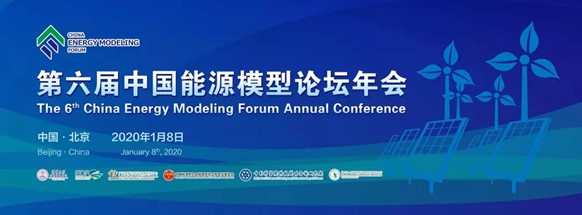
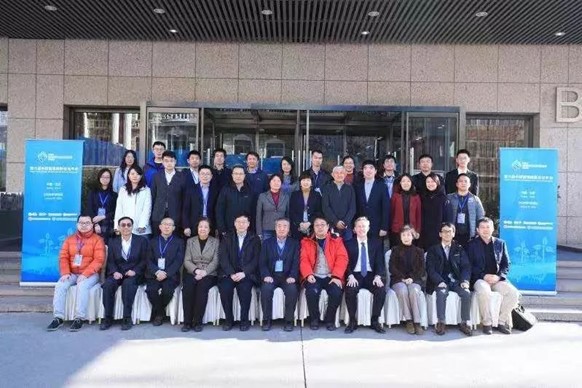
嘉宾合影
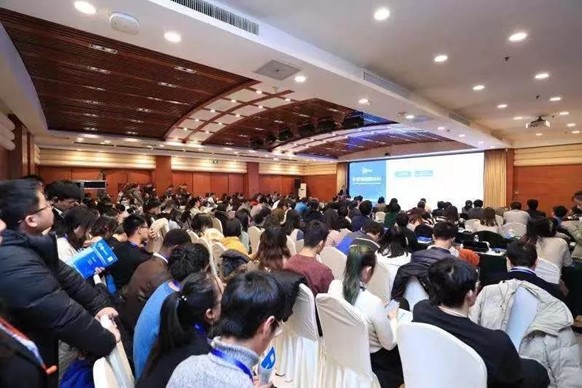
The scene of the annual meeting
The annual meeting invited Professor He Jiankun, former executive vice president of Tsinghua University and deputy director of the National Climate Change Expert Committee, Professor Zhai Panmao, vice president of the Chinese Academy of Meteorological Sciences, and Nathan Hultman, School of Public Policy, University of Maryland, Obama administration climate and energy policy consultant. Professor He Wensheng, Senior Economist of Harvard University China Project, made a keynote speech, and invited the University of Tokyo, National University of Singapore, Tsinghua University, Peking University, Nanjing University of Information Science and Technology, Chinese Academy of Sciences, Development Research Center of the State Council, and Energy Research Institute of the National Development and Reform Commission , Natural Resources Defense Council, International Trade and Economic Cooperation Research Institute of the Ministry of Commerce, China Carbon Energy Investment, ICF International Consulting and other institutions. Famous experts and scholars at home and abroad made keynote speeches in parallel forums. More than 250 representatives from universities, governments, enterprises, scientific research institutions, non-profit organizations and other circles attended the annual conference.
In order to enhance the exchange of research results, the conference jointly "Climate Change Research Progress" (Chinese and English), "Population, Resources and Environment" (Chinese and English), "Ecological Health" (special issue on climate change and the Belt and Road), "Energy Economics" (Special Issue on China's 2050 Low Emission Development Strategy), "Public Management Review" and other magazines called for papers. More than 20 contributors from universities and research institutions shared their research results in corresponding parallel forums.
Speech
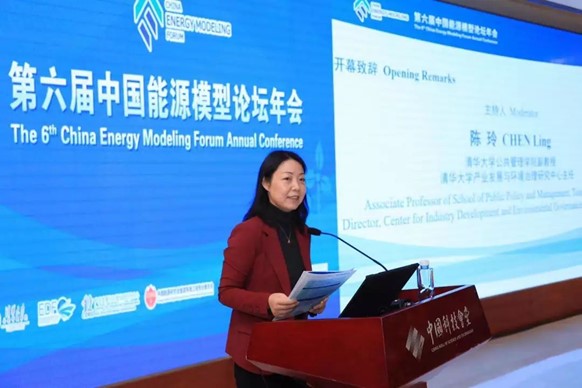
Chen Ling
Associate Professor, School of Public Administration, Tsinghua University
Director of Industrial Development and Environmental Governance Research Center, Tsinghua University
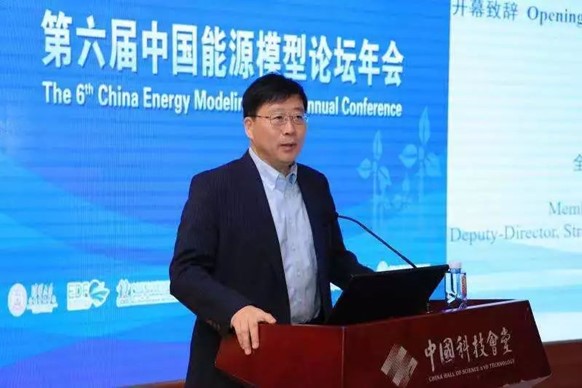
Wang Yi CEMF Academic Committee, Vice President of the Chinese Academy of Sciences Science and Technology Strategic Consulting Institute
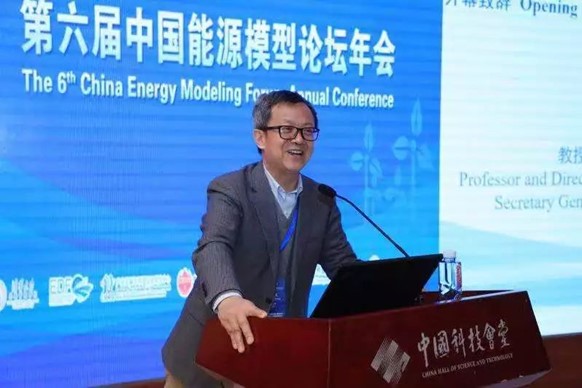
Zhang Xiliang
Director, Institute of Energy, Environment and Economics, Tsinghua University
Chairman of the Energy System Engineering Committee of China Energy Research Society
The meeting begins with a speech by the representative of the meeting organizer. Chen Ling, an associate professor at the School of Public Administration of Tsinghua University and director of CIDEG, first delivered a speech on behalf of the China Energy Modeling Forum. Chen Ling recalled that when CEMF was founded in 2015, only a few model teams participated. Up to now, more than 180 major model teams at home and abroad, and more than 2,000 experts and scholars have participated in the exchange and research activities of the forum, and their influence has continued to expand. The annual meeting of the forum will provide a good opportunity to promote the sharing of research results of domestic and foreign model teams.
In his speech, Wang Yi, academic member of CEMF and vice president of the Academy of Strategy of the Chinese Academy of Sciences, put forward new requirements and expectations for model research work from three aspects: research reality, policy comparison and research dynamics. He looks forward to passing the China Energy Model Forum The work promotes the sustainable development and green and low-carbon transformation of our society.
Professor Zhang Xiliang, director of the Institute of Energy, Environment and Economics of Tsinghua University and chairman of the Energy System Engineering Committee of the China Energy Research Society, pointed out that this year is the third time that he and the China Energy Modeling Forum have jointly hosted the annual meeting to jointly promote energy model research from the initial It is of great significance for the response to practical problems and the formulation of important policies to promote the link and coordination of energy models, economic models, and sub-sector models.
Keynote Speech
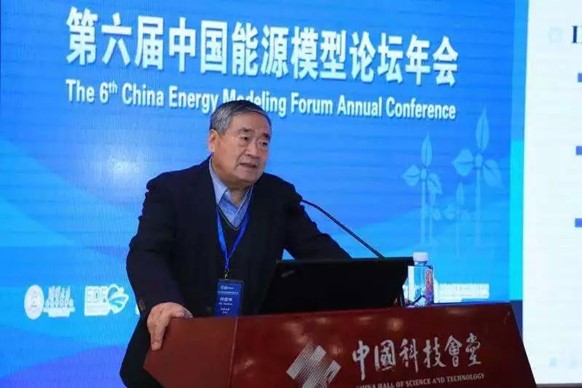
He Jiankun
Chairman of the Academic Committee of China Energy Modeling Forum
Deputy Director, National Climate Change Expert Committee
Former Executive Vice President of Tsinghua University
In the keynote speech session, Professor He Jiankun, Chairman of the Academic Committee of the China Energy Modeling Forum, Deputy Director of the National Climate Change Expert Committee, and former Executive Vice President of Tsinghua University, talked about the new situation and new characteristics of the current response to climate change, and pointed out that the 14th Five-Year Plan should be grasped Formulate and implement the 2030 NDC goal and formulate the 2050 medium- and long-term low-emission development strategy, give full play to my country's role as a major country in international climate change negotiations and response work, coordinate the interests of all parties, realize the goal of building a socialist modernized and powerful country in my country, and deeply decommission Carbon development path goals.

Zhai Panmao, Vice President, Researcher, Chinese Academy of Meteorological Sciences
Professor Zhai Panmao, researcher and vice president of the Chinese Academy of Meteorological Sciences, introduced the latest research progress of the IPCC's sixth assessment report, specifically introduced the impact of global temperature rise of 1.5 degrees and 2 degrees on climate change and possible countermeasures, as well as climate change. Special Report on Impacts of Changes on Land, Ocean Cryosphere, and Land Use. Dean Zhai used a large amount of data and graphs to emphasize again that if effective measures cannot be taken to reduce greenhouse gas emissions, the negative impact of climate change will be further aggravated, and the cost of delaying emission reduction and adaptation actions will also be further increased, which will ultimately affect the sustainable development of human beings.
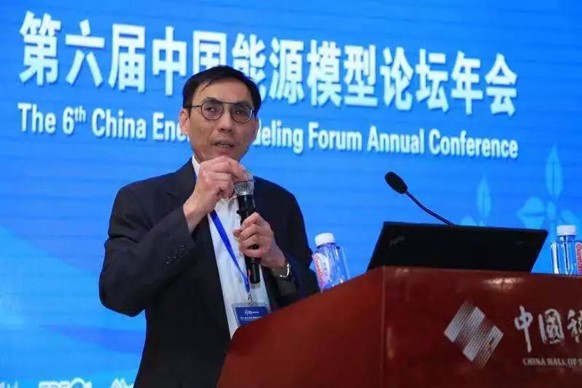
He Wensheng, Senior Economist, Harvard University China Project
Professor He Wensheng, Senior Economist of Harvard University's China Project, shared from the aspects of modeling technology and parameter design. Considering the high uncertainty of future economic growth, Professor He and his team discussed the basic scenario of final demand from the perspective of long-term terminal demand settings, as well as modeling and baseline parameter construction for modern consumption.
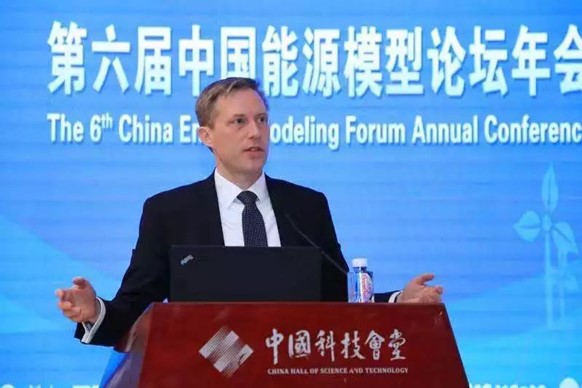
Nathan Hultman
University of Maryland School of Public Policy
Obama Administration Climate and Energy Policy Advisory Expert
Professor Nathan Hultman, School of Public Policy, University of Maryland, Obama administration climate and energy policy consultant, introduced the report "Accelerating America's Pledge". Professor Hultman pointed out that although the Trump administration will withdraw from the "Paris Agreement", more than 20 US States voluntarily set up a climate alliance to strengthen climate action and work hard for the United States to achieve the goals of the Paris Agreement. The coverage has reached 68% of GDP, 65% of the population and 51% of carbon emissions, showing that the states, cities and companies in the United States are in the federal The determination and strength of the government to pursue decarbonization during the period of government inaction, but also spending. To realize this initiative, comprehensive and strong policy determination, structural transformation and financial support are required.
China's 2050 Low Emissions Development Strategy Research (CEMF02) Achievement Sharing
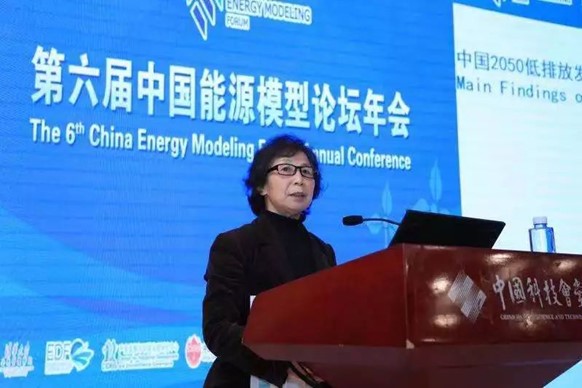
Hu Xiulian CEMF02 Technical Advisor, Researcher of Energy Research Institute of National Development and Reform Commission
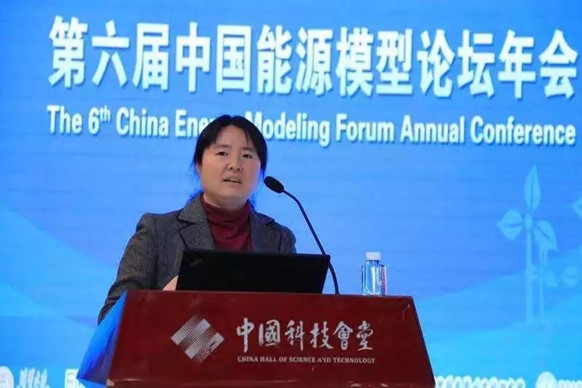
Jing Cao Associate Professor, School of Economics and Management, Tsinghua University
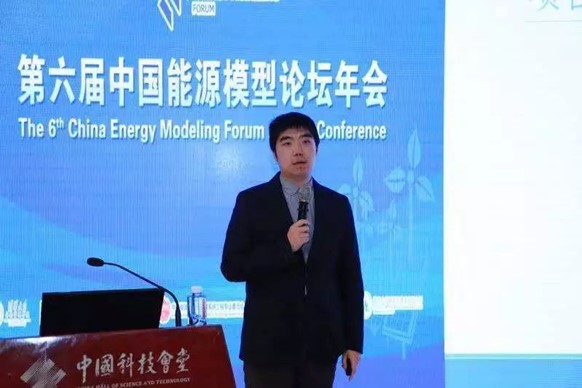
Gao Shuo, Senior Analyst, Beijing Representative Office, EDF

Duan Hongbo, Associate Professor, School of Economics and Management, University of Chinese Academy of Sciences
In the sharing session of China's 2050 Low Emissions Development Strategy Research (CEMF02), CEMF02 technical consultant and researcher Hu Xiulian from the Energy Institute of the National Development and Reform Commission first briefly introduced the research design of CEMF02: a total of 25 teams participated in the CEMF02 theme research, and each team applied its own model method , from the three levels of global, national and regional, covering transportation, construction, agriculture, forestry, waste, non-carbon dioxide emissions, land use, environmental quality and other fields, completed a series of research results, and carried out CGE, IAM A comparative study of multiple models. Gao Shuo, senior analyst at the Beijing Representative Office of the American Environmental Protection Agency, Cao Jing, associate professor of the School of Economics and Management of Tsinghua University, and Duan Hongbo, associate professor of the School of Economics and Management of the University of Chinese Academy of Sciences, respectively reported on the methodology and application of the CEMF02 model for China's 2050 low-emission development war research, and the computable general Equilibrium model (CGE) multi-model comparison results and integrated assessment (IAM) multi-model comparison results.
Parallel Forum
On the basis of the plenary meeting, this annual meeting set up three parallel forums on the medium and long-term low-emission development strategy, carbon market, climate change and the Belt and Road Initiative.
01 Medium- and long-term low-emission development strategy
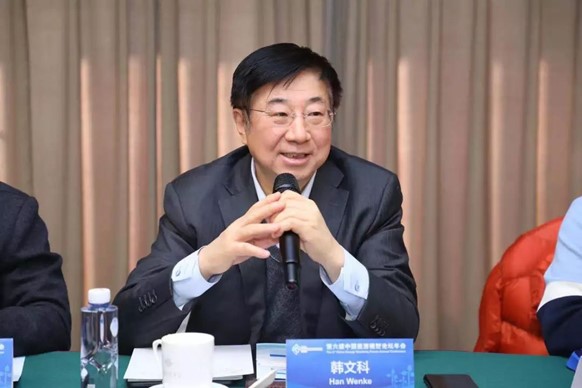
Moderator Han Wenke, CEMF academic member, former director and researcher of the Energy Research Institute of the National Development and Reform Commission
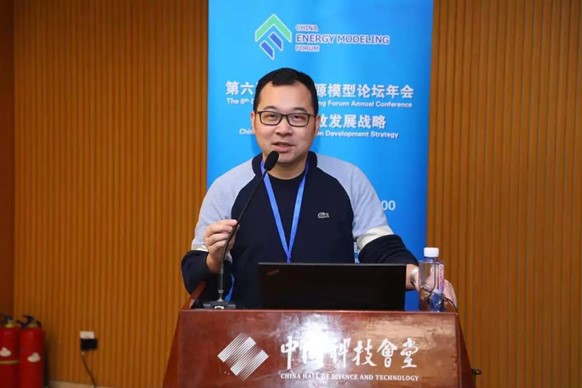
Su Bin, Senior Researcher, Institute of Energy Research, National University of Singapore
Researcher Su Bin from the Energy Research Institute of the National University of Singapore first shared Singapore's low-carbon development strategy. Under the background of no resources, high energy consumption, and service industry, based on geographical advantages and humanistic management investment, Singapore chose low-carbon electricity. As an entry point, comprehensively increase investment in energy and emission reduction, and introduce a carbon tax market mechanism to realize emission reduction commitments.
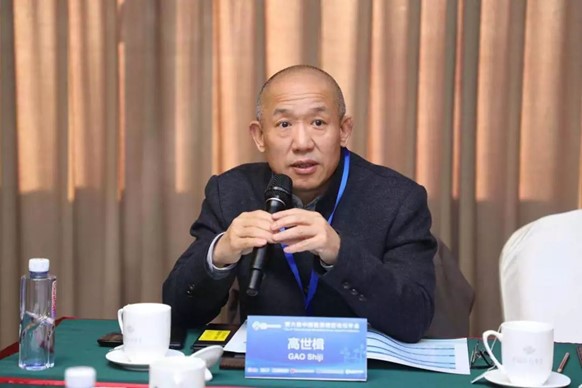
Moderator Gao Shiji CEMF Academic Committee, Director and Researcher of the Institute of Resources and Environmental Policy, Development Research Center of the State Council
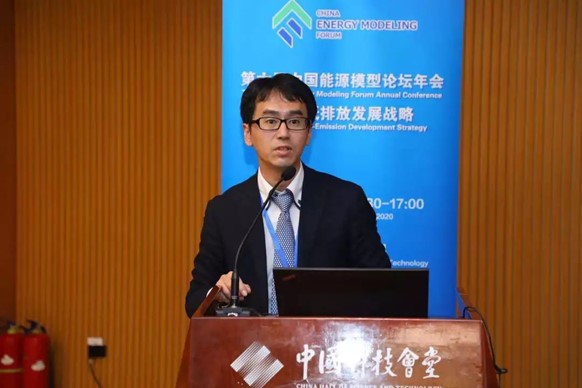
Masahiro Sugiyama, Associate Professor, Future Action Institute, University of Tokyo
Professor Masahiro Sugiyama from the Institute for Future Action at the University of Tokyo first introduced Japan's NDC goals, including reducing emissions by 26% by 2030, increasing the proportion of nuclear power, and reducing emissions by 80% in manufacturing, among other important goals. The team of Professor Sugiyama explored the relevant scenarios of Japan's deep emission reduction goals through multi-model comparative research, the impact it will have on Japan's economic and social development, and the challenges of this policy goal.
Contributing authors from Tianjin University of Science and Technology, Chinese Academy of Sciences, China University of Petroleum, Jiangsu University, and Chongqing University shared relevant research results.
02 Carbon Market
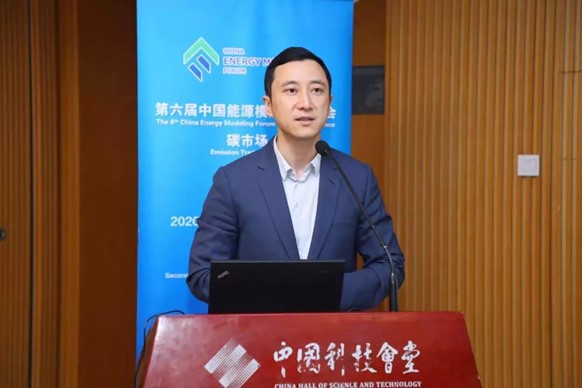
Wang Shu Executive Director of ICF
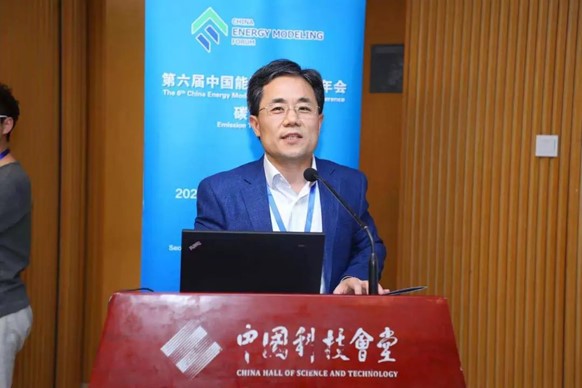
Duan Maosheng, Professor of Institute of Energy, Environment and Economics, Tsinghua University, Director of China Carbon Market Research Center, Tsinghua University
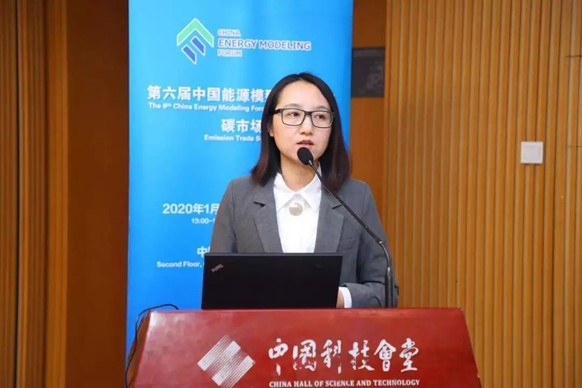
Tang Xuemei China Carbon Energy Investment
Professor Duan Maosheng from the Institute of Energy, Environment and Economics of Tsinghua University pointed out that cooperation in the international carbon market will effectively reduce the cost of realizing NDC goals, or greatly improve the effect of emission reduction with the same investment. However, the design of indicators and the supervision of transactions, the double calculation of indicators, NDC coverage, types of cooperation indicators, revenue sharing, global total emission reduction targets, transition mechanism, information reporting, etc., have all become issues that need to be resolved in the future cooperation of the international carbon market. question.
Mr. Wang Shu, executive director of ICF, shared the main situation of the carbon price survey in 2019, including the feedback on the price of the pilot areas and the analysis of influencing factors, the expectations and forecasts of various participants on the national carbon market, the carryover of carbon allowances during the transition period, the national Survey conclusions on important issues such as the surplus and shortage of carbon allowances during the trial operation of the carbon market, the acceptance of companies' disclosure of carbon emission data, and relevant countermeasures.
Ms. Tang Xuemei from China Carbon Energy Investment shared the risk assessment of China's pilot carbon market. Ms. Tang identified risks from the three main participants of the government, the market and enterprises, and pointed out that the liquidity of the carbon market is cyclical, and price fluctuations in the carbon market are unavoidable; Weaker than the EU in all aspects, it is necessary to strengthen the construction of the carbon market.
Contributing authors from Tsinghua University, North China Electric Power University, Beihang University, Chinese Academy of Sciences, and University of Edinburgh subsequently shared.
03 Climate change and the "Belt and Road"
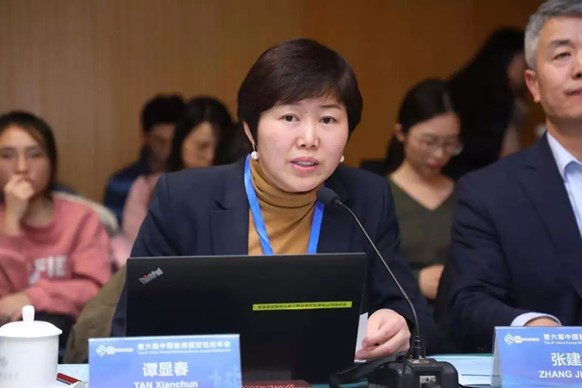
Moderator Tan Xianchun Deputy Director and Researcher of the Institute of Sustainable Development, Institute of Science and Technology Strategic Consulting, Chinese Academy of Sciences
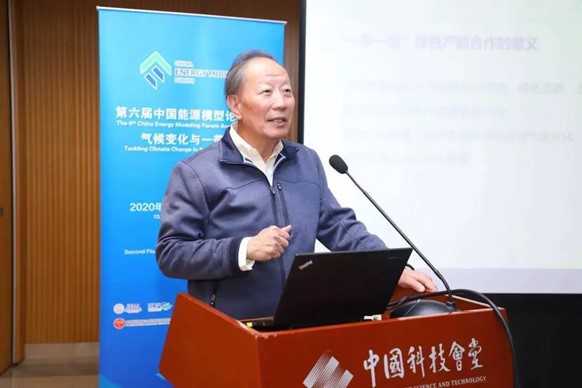
Yang Fuqiang Senior Advisor on Energy, Environment and Climate, Natural Resources Defense Council
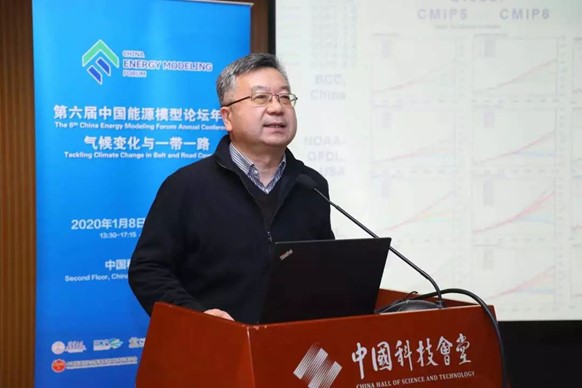
Jiang Tong, Dean of the School of Geographical Sciences and the Institute of Disaster Risk Management, Nanjing University of Information Science and Technology
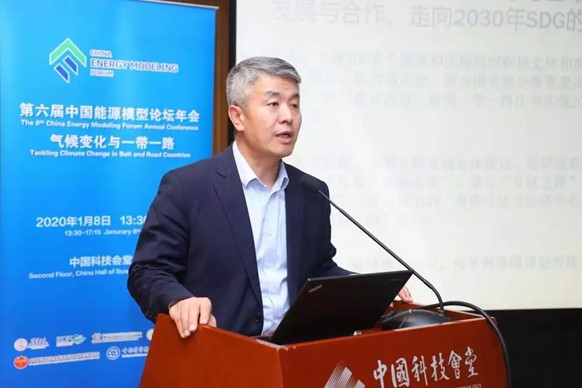
Zhang Jianping, deputy director of the International Trade and Economic Cooperation Research Institute of the Ministry of Commerce
Professor Jiang Tong, dean of the School of Geographical Sciences and the Institute of Disaster Risk Management of Nanjing University of Information Science and Technology, mainly introduced the climate change and disaster risk of the "Belt and Road". From the latest climate change risk of CMIP6, Professor Jiang systematically interpreted the climate risks of 65 countries along the “Belt and Road”, and quantitatively assessed the changes in the social and economic losses of the “Belt and Road” regions in the future under multiple scenarios of natural disaster evolution.
Yang Fuqiang, Senior Consultant of Energy, Environment and Climate of Natural Resources Defense Council, introduced the content of green production capacity cooperation and green finance of the "Belt and Road" around the construction of Belt and Road countries, and explained in detail how Belt and Road green production capacity cooperation such as infrastructure construction can export my country's experience in green transformation , to help leading countries achieve emission reduction goals while economically developing. At the same time, from two perspectives of law and policy, it introduces how to learn from the experience of green finance in supporting green development in developed countries to achieve the above goals.
Zhang Jianping, deputy director of the International Trade and Economic Cooperation Research Institute of the Ministry of Commerce, shared the "Belt and Road" initiative and the 2030 SDG goals of energy cooperation. Director Zhang pointed out that the implementation of the Belt and Road Initiative requires the establishment of multiple platforms, networks, alliances and other cooperation mechanisms , to design a diversified, pragmatic and operable comprehensive path to jointly achieve energy cooperation, emission reduction and sustainable development goals.
Contributing authors from the Chinese Academy of Sciences, Institute of Atmospheric Research, Institute of Geography, Aerospace Information Innovation Research Institute, Liaocheng University and other institutions then shared their contributions.


























